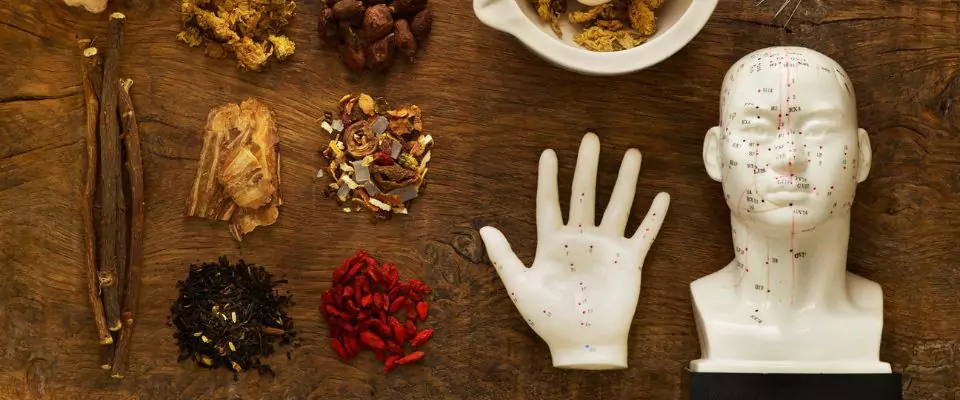Acupuncture and cupping are common techniques used in Traditional Chinese Medicine (TCM) to address a wide range of health conditions. It is vital to take proper care of yourself after undergoing acupuncture/cupping/scraping treatment.
To optimise the benefits of your acupuncture or cupping session and minimise potential side effects, follow these essential aftercare guidelines:.webp)
1. Rest and Unwind:
After your session, prioritize relaxation and avoid strenuous activities, exercise, or heavy lifting for at least 24 hours. Intense activities may interfere with the therapeutic effects of the treatment.
2. Hydration is Key:
Stay well hydrated by drinking plenty of warm water post-session. This aids in flushing out toxins and rehydrating your muscles and tissues.
3. Keep Warm:
Cover treated areas or dress warmly to support your body's healing process. When necessary, consider warm compresses for pain relief, and avoid drafts, exposure to direct wind, or cold temperatures. Cupping opens pores and channels, making the body susceptible to external elements like wind and cold.
4. Mind Your Diet:
Refrain from dairy, processed meats, sugary foods, alcoholic beverages, and caffeine for at least 24 hours post-treatment, as they may hinder the healing process.
5. Monitor Symptoms:
Be aware of the benefits, side effects, and overall experience. Your feedback is valuable for both you and your practitioner.
6. Self-Care Practices:
Incorporate self-care activities such as meditation, gentle stretching, and deep breathing exercises into your daily routine to sustain the advantages of your session.
7. No Swimming for the Day:
Avoid swimming for the remainder of the day to prevent dampness and getting chilled, which can counteract the benefits of the session.
8. Steer Clear of Hot Therapies:
Avoid hot showers, saunas, and hot tubs after treatment, as they may exacerbate inflammation or bruising.
9. Sun Protection:
Refrain from direct sun exposure for 24 hours post-treatment, as your skin may be more sensitive and prone to sunburn.
10. Avoid Driving if Lightheaded:
If you feel lightheaded or giddy, refrain from driving. Rest until you feel better or let someone else take the wheel.
As with any medical treatment, acupuncture and cupping may have some potential side effects. Here are some possible side effects to be aware of:
(Note: The cupping marks are the results of stagnation which can include dead blood cells, old lymph fluid, and toxins that the body has not been able to eliminate via its circulatory system. )
Emotional Release: Treatments like acupuncture and cupping can sometimes trigger an emotional release like emotional, tearful, or overwhelmed. This is a normal response to the stimulation of certain points in the body and can be an important aspect of the healing process.
We encourage you to embrace these aftercare guidelines for a holistic and effective recovery. If you experience any concerns, reach out to our physicians for support. Your well-being is our priority.




.webp)





 Here are detailed tips for each emotion:
Here are detailed tips for each emotion: